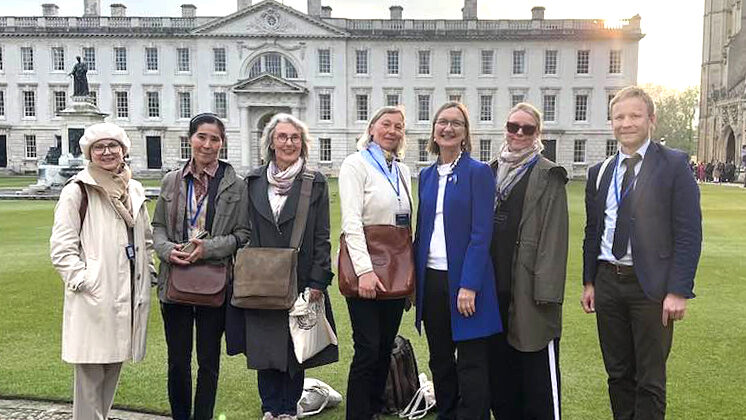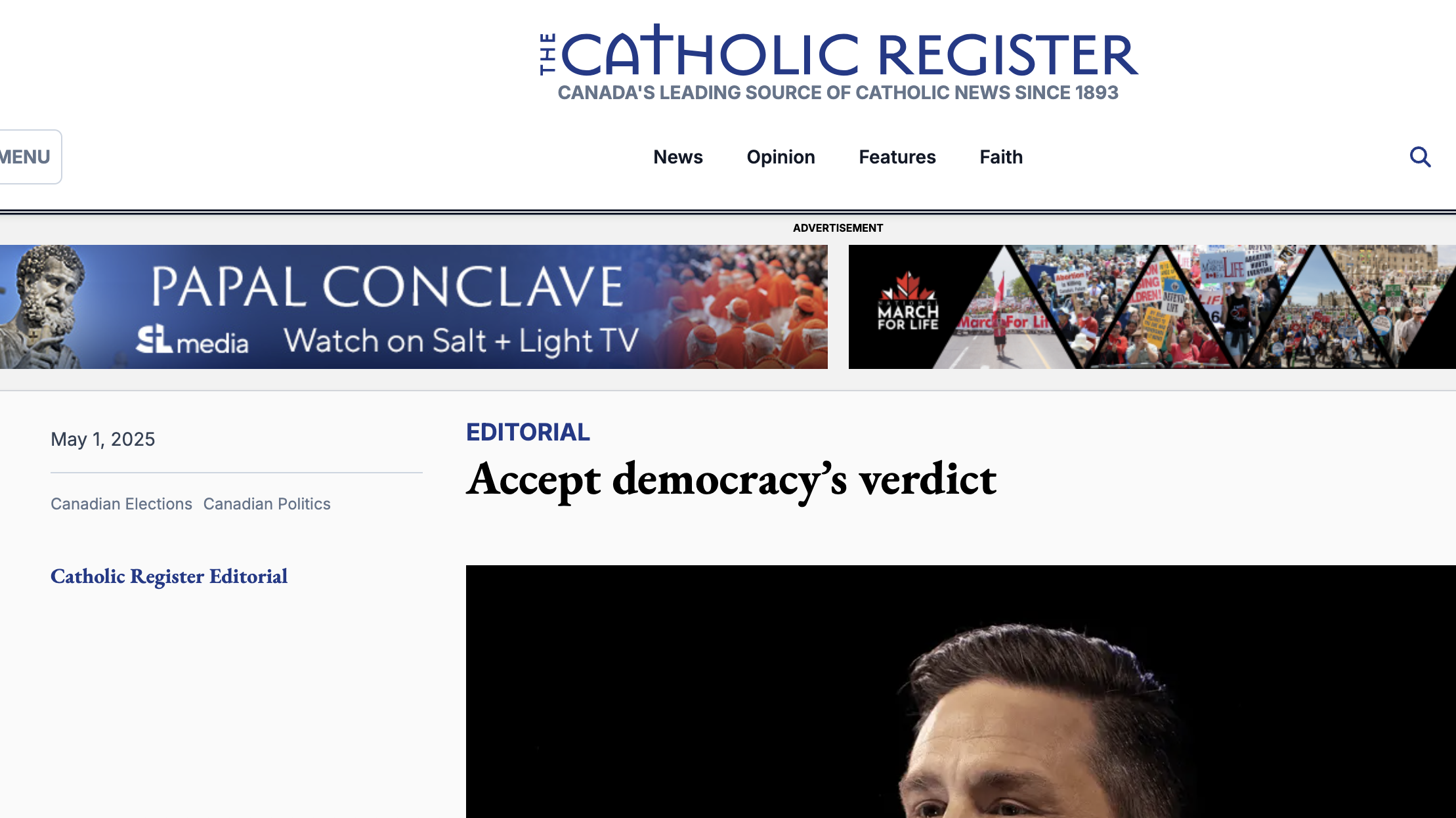Punching above its weight: Estonia’s prominence in cyberspace governance Estonia has been at the centre of global cybersecurity discussions and action since at least 2008. That year saw the establishment of the NATO Cooperative Cyber Defence Centre of Excellence (CCDCOE) in Tallinn. The Centre is essentially a military think-tank that leads the world in crafting cyber defence solutions through a multinational, interdisciplinary analysis of various cyber issues. As of 2018, the CCDCOE is responsible for identifying and coordinating education and training solutions in cyber defence for all NATO bodies across the Alliance. Today, the CCDCOE comprises 25 states and more are lined up to join, including NATO partner states Japan and Australia. (Read more: Estonian Life No. 34 2019)
Juku Gold, August 2019




